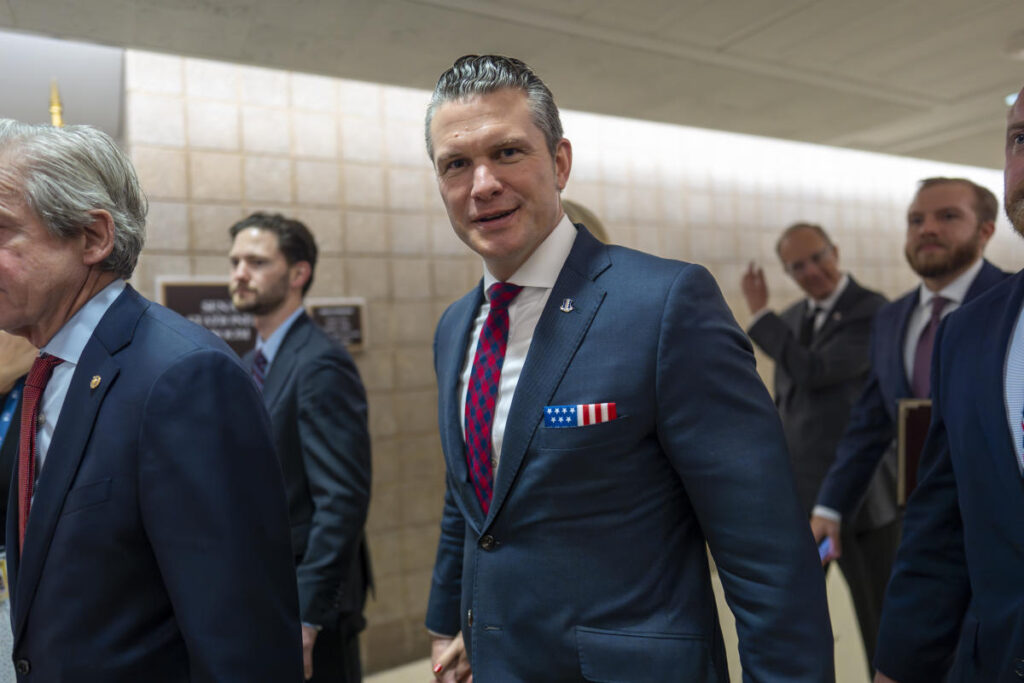In early January, President-elect Donald Trump is preparing for a significant transition of power, particularly with the nominations for key cabinet positions. Among these is Pete Hegseth, nominated for Secretary of Defense, who is set to face scrutiny during his confirmation hearing on January 14 before the Senate Armed Services Committee. Hegseth, a former Fox News host and military veteran, has been actively engaging with senators to secure their support, focusing on rallying Republican backing amidst growing concerns regarding his suitability for the role.
Despite his efforts, Hegseth’s nomination has not been without controversy. Allegations regarding his past, including claims of excessive drinking and instances of sexual misconduct, have raised questions about his fitness to serve as Secretary of Defense. In response to these allegations, Hegseth has assured senators that he will abstain from alcohol while in office and has sought to refute the claims against him. His nomination has also gained attention from Trump, who defended Hegseth on social media, labeling him a “WINNER,” suggesting that the president-elect remains confident in Hegseth’s capabilities and potential to lead the Department of Defense effectively.
As the political landscape shifts, more confirmation hearings for Trump’s cabinet are anticipated after the new Republican Senate takes office on January 3, culminating in the inauguration on January 20. Incoming Senate Majority Leader John Thune has expressed a desire for a swift confirmation process for Trump’s cabinet, aiming to have the administration fully operational early in the president-elect’s term. This urgency reflects the broader goal of establishing a robust federal leadership during a time marked by heightened national security concerns.
The Senate Armed Services Committee, led by Chairman Roger Wicker, is set to play a crucial role in vetting Hegseth and other nominees. The confirmation process is inherently contentious, as senators will examine not only the qualifications and experiences of the nominees but also their moral and ethical conduct. Hegseth’s hearing will serve as a pivotal moment where senators will assess his readiness to manage the vast responsibilities associated with the Defense Secretary position.
Hegseth’s appearance at significant events, such as the Army-Navy football game alongside Trump, demonstrates his efforts to align himself with the president-elect and the Republican establishment. Such actions are intended to bolster his image and assure lawmakers of his commitment to the position, especially in light of the serious allegations he faces. The dynamic surrounding Hegseth’s nomination encapsulates the complexities within the Senate as it prepares for confirmation hearings while grappling with issues of credibility and leadership.
Overall, the upcoming Senate hearings will not only be a litmus test for Hegseth’s nomination but also a reflection of the Republican party’s unified stance in support of Trump’s administration. The outcomes of these hearings could set a tone for the working relationship between the new administration and Congress, particularly in handling defense policy and national security challenges moving forward.

